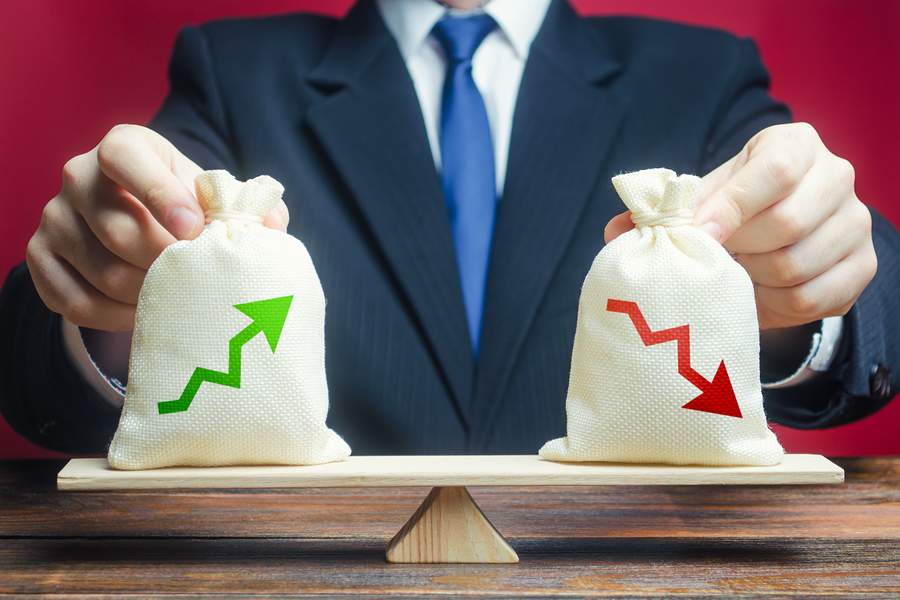Like every other area of personal finance, the stock market during and after the coronavirus pandemic will look much different than it did before it. This first became evident in mid-March when the stock market took a huge one-day plunge to rates not seen since the national economic crisis of 2008.
The uncertainty towards the future, which is even greater today than it was two months ago, caused seasoned and new investors alike to take an overly cautious approach. As challenging as this is, it isn’t the first and won’t be the last crisis to hit the financial markets. That means now is the perfect time to evaluate investment strategy and make any necessary changes going forward.
It’s a Bear Market Now
After the recovery of the United States economy in 2009, American investors were fortunate to enjoy a bull market for 11 consecutive years. That officially ended after the World Health Organization (WHO) declared the novel coronavirus that originated in Wuhan, China in late 2019 a worldwide pandemic on March 11, 2020. By staying calm and not giving way to panic, investors can weather this storm just as they did many other public crises dating back to the AIDS epidemic in 1981.
Get Back to Basic Investing Strategies
Financial planners have given the advice for years that investors should start small and diversify their portfolio as much as possible. That advice is especially important in an unprecedented public health crisis. In practice, diversification means investing in multiple sectors and regions as well as classes of assets. Some of the most common ones include bonds, cash, equities, and gold.
One way to build investments gradually is to invest the same amount into a long-term investment. The benefit in doing so is that investors can purchase more stocks when the market is low, such as now. If you feel that you’re risk-averse, you may want to consider passively managed index funds at a low cost since this gives you a wide range of stock options. Exchanged traded funds can also provide many choices.
Think Long-Term Even in Uncertain Times
The coronavirus has now caused widespread disruption in the United States for over two months, and no one knows when the pandemic will officially end. Even so, it’s a good idea for investors to have a minimum of three months salary saved before investing anything. In these times, savings worth six months salary is an even better bet. Remaining disciplined after starting an investment plan is the best way to gain the greatest return on investment by making you eligible for compound interest.
It’s impossible to know right now how long the financial disruption from coronavirus will last. As challenging as things look, there’s always room for hope. Of all public health crises over the past 40 years, most lasted between one and three months before the economy and stock market began showing healthy signs of recovery.


